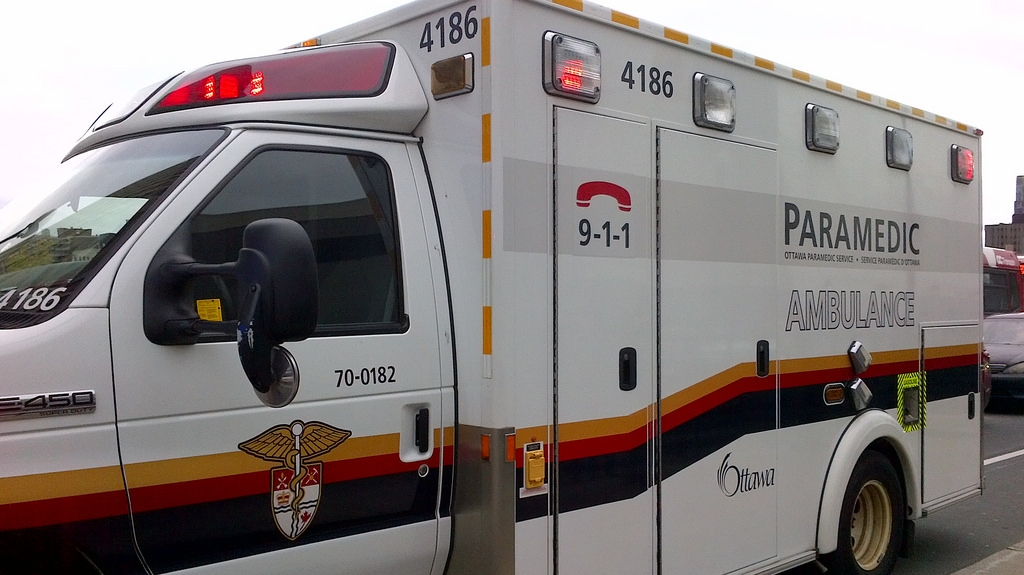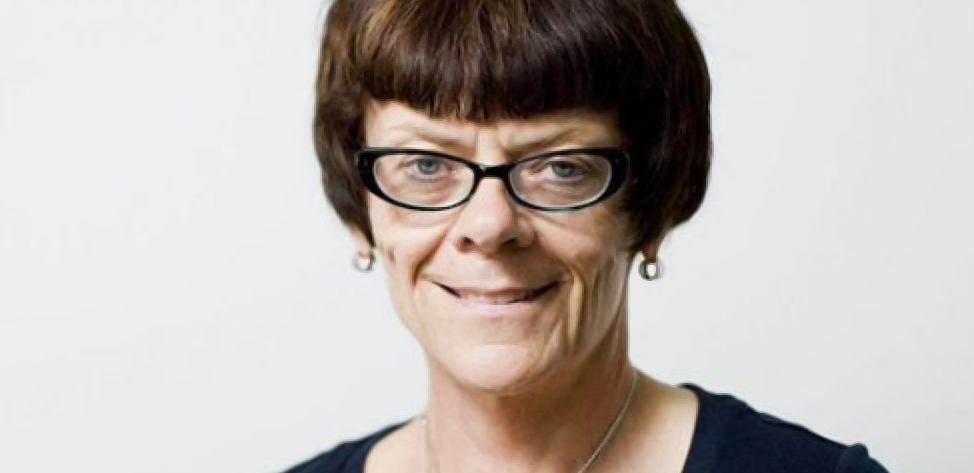
Healing Our Everyday Heroes, Ottawa’s First Responders
Photo credit: Michael Burns
By: Louise Bradley, President and CEO at the Mental Health Commission of Canada
This past Friday, the bus crash at Westboro Station riveted the city of Ottawa. We watched in shock and disbelief as a run-of-the-mill afternoon commute turned into a nightmare. For three days, local TV and radio news as well as daily papers told those of us not immediately affected by this senseless tragedy where we could seek help if feeling distressed or anxious.
A slew of news stories also emphasized the importance of supporting first responders following a tragedy like this one. But something important gets lost in such a narrative: that first responders are confronted with tragedy every day.
Yes, the scope and scale might be smaller — most car accidents and house fires don’t garner extensive news coverage. But for the paramedics, firefighters, and police officers who arrive first on these scenes, bearing witness day in, day out to loss of life and traumatic injury, images are indelibly etched into their memories.
Being a first responder requires a certain kind of character. People in these trusted positions must be skilled, caring, and compassionate. Yet, to do so, they must also draw a curtain in their minds, separating the horrors they attend to from their emotional centre.
This strategy isn’t a fail safe. As the curtain draws open, over time, first responders experience compassion fatigue, anxiety, depression, or substance misuse.
If those of us who witnessed this bus tragedy from the safety of our living rooms or offices are suffering the effects of trauma, how can we expect those who respond to crisis for a living to remain unscathed?
As a society, we must create a safety net for these everyday heroes. It’s just not good enough to provide them with mental health support for events that capture national attention.
When I talk to the first-responder community, to take one example, I hear about the trauma of responding to suicides — each one a “small” tragedy with a ripple effect that touches 125 lives. These lonely deaths don’t make the news, but someone must attend, record, and bear witness. It’s an enormous responsibility, even for the broadest shoulders.
First-responder communities are realizing the need to speak up, acknowledging that silence can be deadly. In a recent CBC interview, Alberta veteran firefighter Cammie Laird described her post-traumatic stress disorder (PTSD) as cumulative, saying, “I literally started going backwards and revisiting . . . a triple digit number of people that I had actually put in body bags.”
She tells her own members that each time they arrive on scene, they are giving a gift. But this gift might also come with a cost — one that can affect their mental health. Laird is now making mental health support more accessible in rural communities as part of an organization that has trained about 300 firefighters in providing practical tips for self-care over the phone.
Along these same lines, the Mental Health Commission of Canada has developed training and resources to bolster the mental health and resiliency of police officers, firefighters, and paramedics. To date, nearly 1,800 Ottawa-area first responders have taken the training, and such programs are on the rise, although many more are needed.
Each day, first responders work to keep us safe. In return, our gift to them must be safeguarding and supporting their mental health at every turn.
Given the bus tragedy of last Friday, Ms. Bradley took the opportunity to reflect on the impact trauma exerts on first responders – not only after a tragedy, but everyday. She has frequently delivered keynote addresses at conferences held by the Paramedics Chiefs and the Canadian Association of Chiefs of Police, and her message of building a culture of resiliency and mental wellness among first responders is always well-received.









